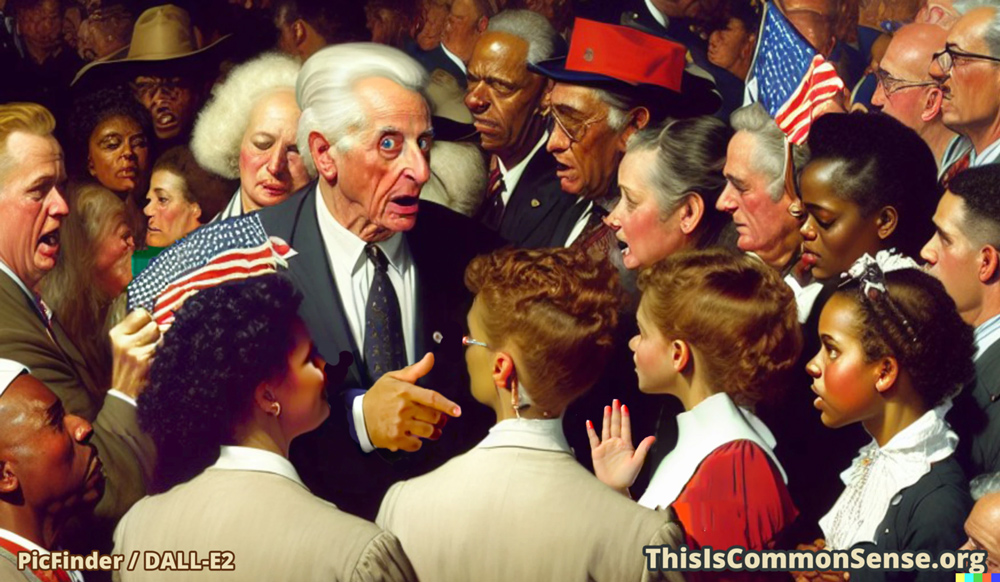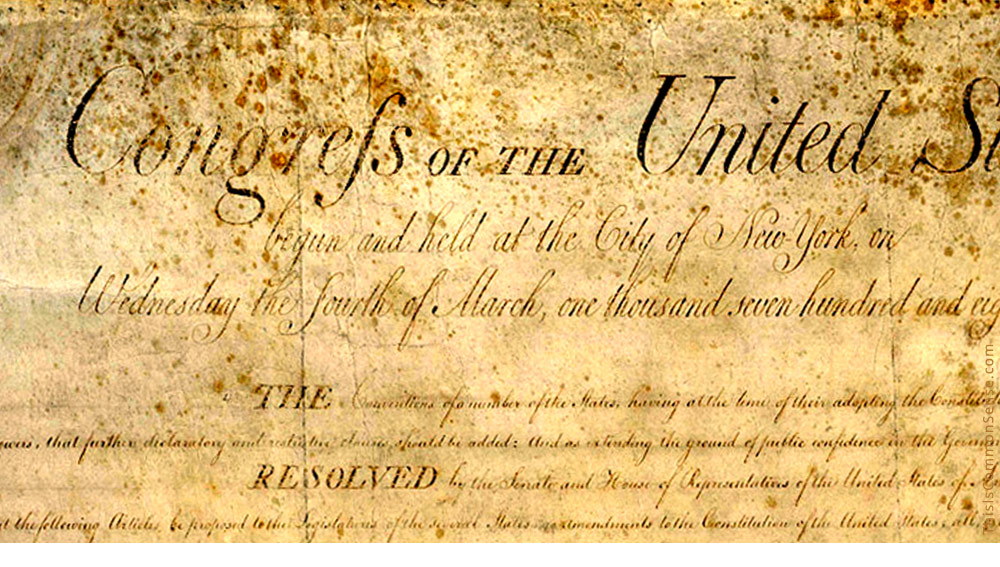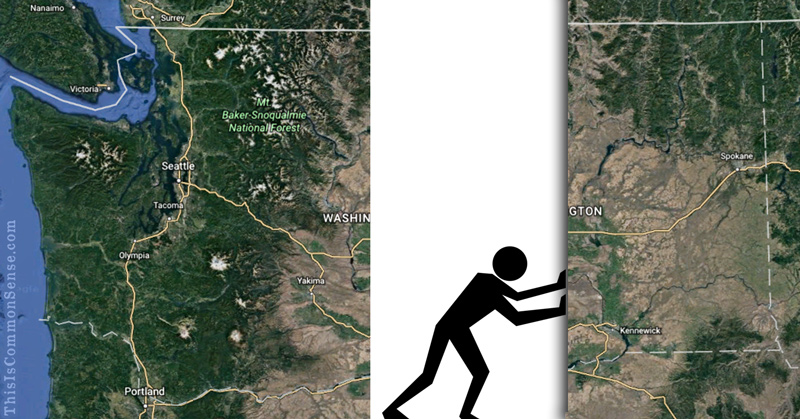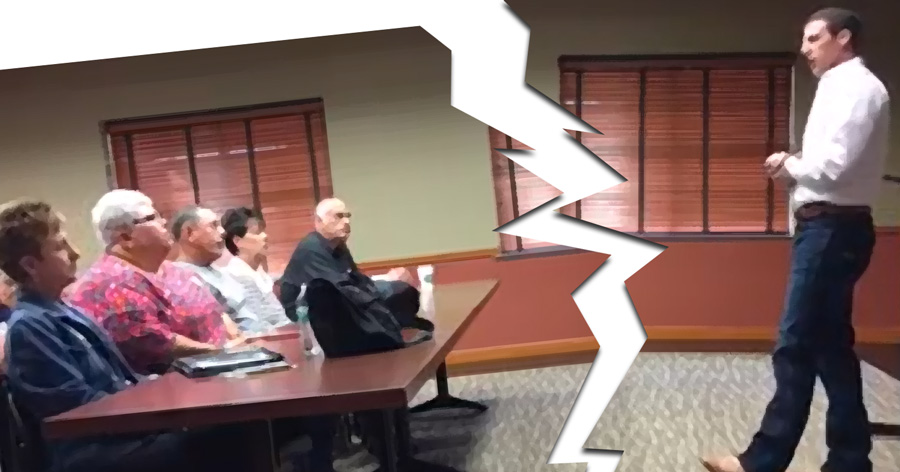“There is an easy way to end the gerrymandering wars,” a new video by The Recount asserts, “and no one is talking about it.”
Except them. And us. And others.
“We need more members of Congress,” the anonymous male narrator continues. “This might sound weird, especially since most of us don’t exactly love the ones we have now. But the reality here is simple: the U.S. has the worst ratio of citizens to elected representatives of every developed democracy in the world.”
It’s true. Congressional districts have been capped at 435 since 1929’s Permanent Apportionment Act. That year, the average congressperson represented 243,000 people. That’s too many. But today, the average congressperson represents 761,000 people.
“So uncap the house,” Jeff Mayhugh and A.D. Tippet argue in The Hill, “and rein in gerrymandering at least a bit.
“Our founders believed that smaller congressional districts would lead to a better relationship between citizens and their government,” the authors contend. “Gerrymandering undermines this idea by splitting neighbors from each other or packing them in districts with others from the same party to secure a seat for the political party in control.”
And then there’s this: “Smaller districts are more representative and also harder to manipulate.”
“With more seats, districts can be smaller and more representative of smaller enclaves and communities,” explains the video presentation, “and when that happens, the chances of Republicans winning seats in Massachusetts or Democrats winning seats in South Dakota goes up.”
Entitled “Why Expanding Congress Would End Gerrymandering,” The Recount’s video also correctly points out that creating a smaller representative-to-voter ratio by increasing the size of the House is “fully within Congress’s power” and “doesn’t take a constitutional amendment.”
But it would take a great deal of citizen … push.
This is Common Sense. I’m Paul Jacob.
Illustration created with Krea and Firefly
See all recent commentary
(simplified and organized)
See recent popular posts













